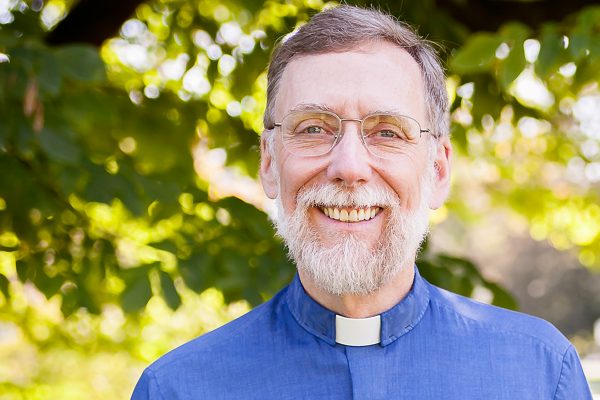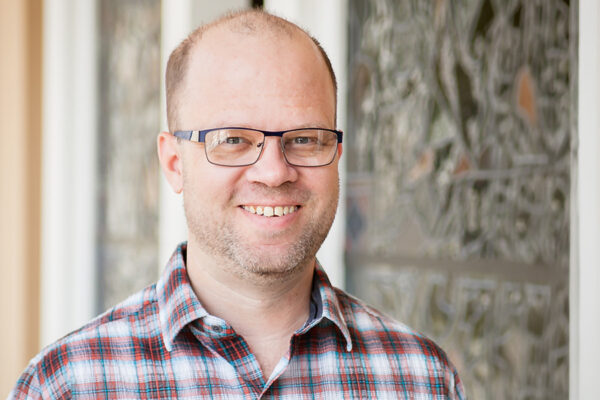Sin, Blame, and Replacement

The topic of sin doesn’t have a very high place in our conversation and society anymore. When is the last time you heard anyone denounce something as “sinful” or, more importantly, acknowledge their own sin? The recollection of moralistic fire-and-brimstone sermons has even pushed many churches away from regularly using a confession of sin. I’m no great fan of fire-and-brimstone and I don’t recommend fear as a fundamental motivator in our spiritual life. There does seem to be a downside to our avoidance of sin-talk, though, that brings its own demons in its wake.
When we understand sin biblically, we realize that the first place to look for its power is in our own lives. Israel’s great prophets denounced sin and pointed fingers. In their writings, though, they speak as insiders to the sin afflicting their own communities. Jesus confronted those who denounced a woman for her sin, ready to stone her to death. He offered the first stone to the one of them who stood outside of sin’s grip; they all melted away in the crowd.
That crowd is us. We are all under the sway of sin. That makes a difference in how we relate to other sinners. Jon Meachem, in his book, American Gospel, describes a telling dynamic from the Prohibition Era. For 14 years, many upstanding citizens refused to give up their favorite libations and regularly broke the law to acquire them. In Meachem’s words, “memory of the experience seemed to breed—for a while at least—humility, tolerance, and a merciful attitude towards other sinners.” That’s a positive side of acknowledging the pervasiveness of sin’s power.
When we don’t name the power of sin in our own lives, we have to account for evil in the world in some other way. Unfairness, cruelty, poverty, suffering – all these must be someone’s fault. We look for someone to blame. The racially targeted mass shootings over the past week, like the (far too) many we have seen in recent years, come draped in this kind of blame. “I am an innocent sufferer,” the shooters seem to say; “someone is responsible for my suffering and I am justified in fighting back.”
That attitude is not mental illness; it is spiritual illness. The suffering that prompts it – poverty, unemployment, feeling stuck, lack of opportunity – is often the result of structural, systemic sin. Our society does not deal fairly with people. Our economy is built to create winners and losers. Those realities show the power of sin at work among us. When someone cannot recognize it, the blame game begins and can end in tragedy.
I am not suggesting that the shooters are particularly sinful – that would be its own version of the blame game. Nor that they are innocent victims themselves – that would ignore personal responsibility for criminal behavior. I am suggesting that a broader, healthier, more honest recognition of the reality of sin as a force that touches all of us may open us to different possibilities. It may be a first step toward addressing sin’s effects and easing the temptation to misdirect anger and violence against scapegoats.
The shooter in Buffalo raged about the “replacement” he felt was underway, threatening his place in the world. How might things be different if he had been shaped, instead, by the “replacement” that the gospel offers? None of us is able to bear the weight of sin that affects our lives. It kills. It crushes. But God has replaced our weak shoulders with Jesus’ outstretched arms. The cross stands where our legs cannot. We are joined as one people – all of us, together – as sinners who are freed by that replacement from the power of sin. We are freed to love one another and to fight together against the effects of sin, so that we can all experience more fully the joy of the place that we have in God’s world.





Marcia Willi
Peter
An ” uncomfortable ” lesson to be sure! But I appreciate the lesson and the reminder.